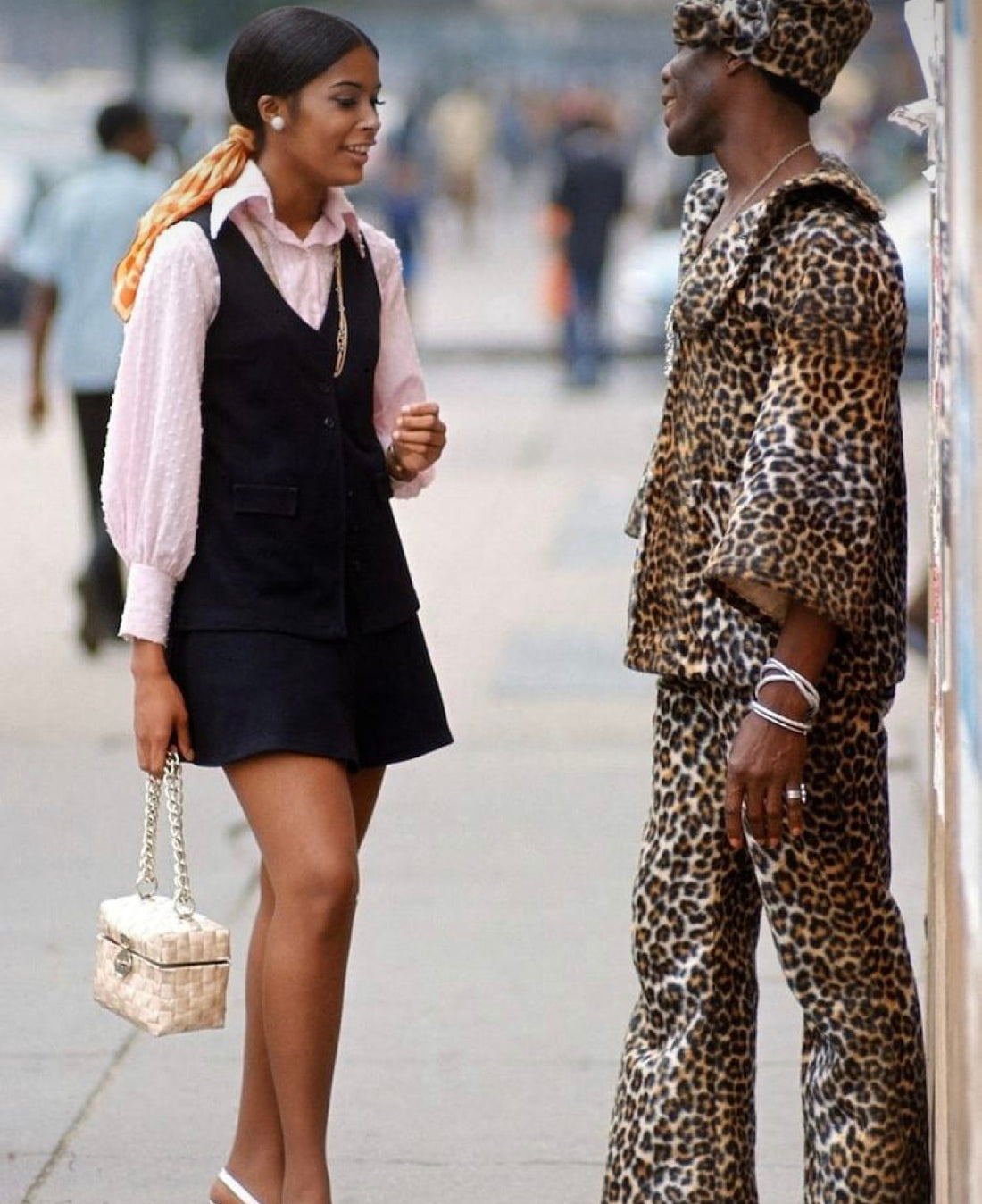I am forever grateful to one of my former students who dubbed me his “favorite culturally ambiguous social worker” (he used such specificity in order to not offend his former, white social worker). For most of my life I have struggled with how to describe the fact that I can pass for a lot of different ethnicities, and here this eighth grader gave me a perfect term.
I learned exactly how culturally ambiguous I am when I worked in the international terminal of an airport. What I found was that customers tended to assume that I was the same ethnicity they were. Mexican customers (and later, Mexican students) thought I was Mexican. Lebanese customers thought I was Lebanese, Egyptian or otherwise Arabic. The most interesting suggestion I ever got was that I look “half Mexican, a quarter Filipino and a quarter Korean.” Say huh?
The one thing I’ve NEVER been accused of is being 100% African-American. Quite the contrary--I’ve had to, on far too many occasions--argue with people that that is indeed what I am. How anyone has the audacity to tell someone else their ethnicity is beyond me. Granted, being African-American is far from being 100% anything, because our lineage is nearly impossible to trace, but that is the designation I assign because every ancestor that anyone alive in my family has known, was black.
Because folks always assume that I am biracial, or some other colorful blend, I find myself often saying, “Nope, I’m just black.” Then a sting of disappointment hits my stomach and I feel guilty. What do I mean just black? Am I minimizing what it means to be black? Is black not good enough? If I were a passerby and heard someone say the same, it would sound like they think being black is a disappointment, or that they long to be more exotic.
Of course I don’t mean it that way; what I mean is that I am solely black. But I can’t help but hear my own words in a way that offends even my own sensibilities. I never want my biracial daughter to hear me say “just black” and feel that her blackness is somehow worth less than being anything else. For that reason, I am working to check my own language and the perceptions that it creates.
I am not just black.
I am wonderfully black (no matter what shade I am).
I am gloriously black (no matter what music I listen to).
I am proudly black (with a white husband and biracial daughter).
My blackness is cool, it is enough, and it is magic.
